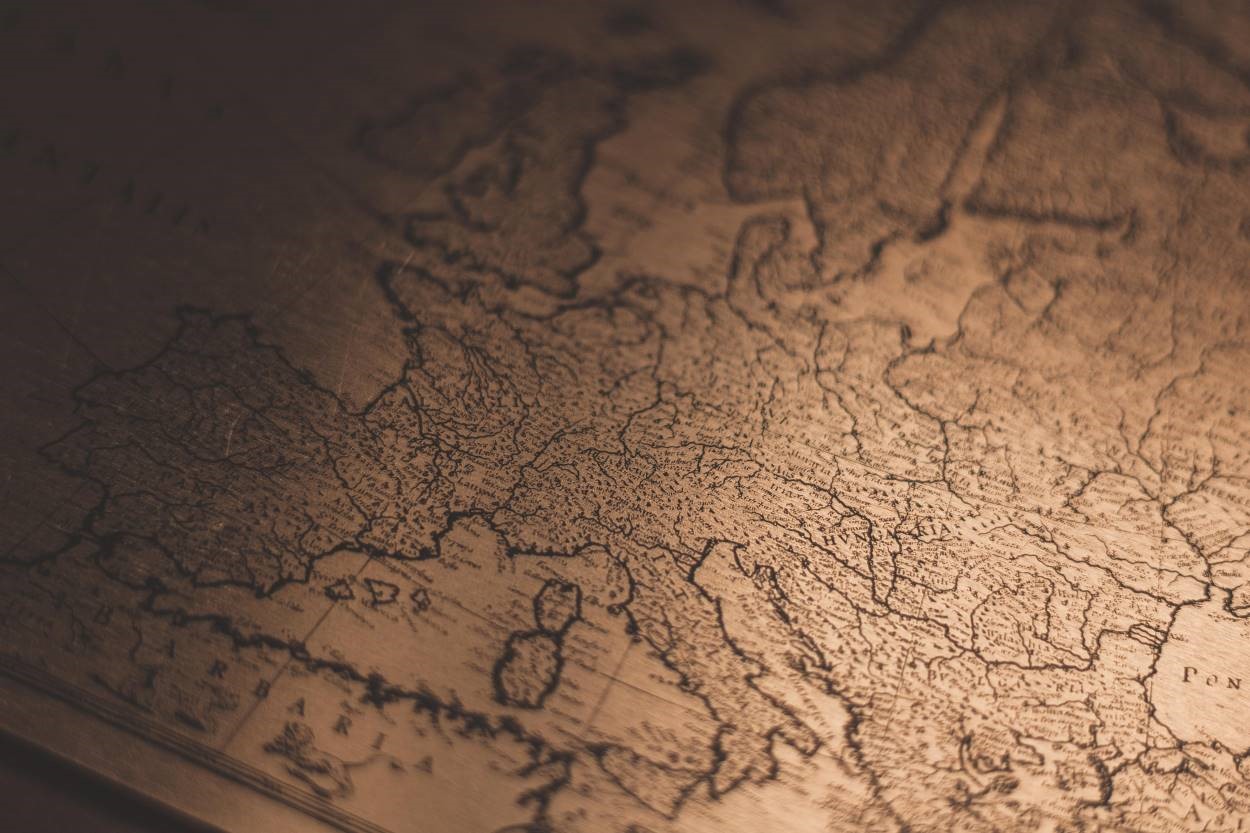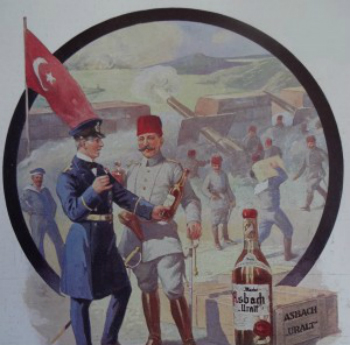Making War, Mapping Europe: Militarized Cultural Encounters, 1792-1920
Dr Leighton James, Lecturer in European History in the Department of History and Classics at Swansea University, is one of four Principal Investigators on a Humanities in the European Research Area (HERA)Joint Research Programme Grant, worth 998,874 Euros, which is a collaboration between Freie Universität Berlin (lead institution), Trinity College Dublin and the University of York.
By analysing militarized cultural encounters, the project examines one of the most significant forms of mass cross-cultural contacts in Europe and its borderlands. It focuses on Western, i.e. British, French and German, armies. The project explores their experiences in Eastern Europe, Italy, the Balkans, and the Middle East as well as the persistent impact these encounters had on the society of their respective home country. The central questions is: to what extent did military cultural encounters help to shape collective perceptions of 'the self' and 'the other', of Europe and its borders in the period between 1792 and 1920? The research project will utilize a comparative and synthesizing approach as well as interdisciplinary methodology. This will allow for the comparison of conditions, forms and impact of cross-cultural contact on three different levels: synchronically by comparison of different armies and nationalities in a given time span; spatially by comparison of different cultural spaces and zones of contact; and, finally diachronically by comparison of different periods within the 'long 19th century', from the Revolutionary Wars to the First World War.
The consortium is comprised of sub-projects organized by four PIs, all bringing to the project their expertise in both military history and cultural history as well as their rich experience in the planning and execution of large international projects. A co-operation with German and British museums and archives will allow the project to create an online-exhibition that compliments the research project. Thus, elements from holdings of several European institutions will be assembled under a common theme and made accessible to the general public. Especially with a view to the forthcoming centenaries of 1813/15 and 1914 the projects research topic is very likely to attract a great deal of interest as well as public attention outside academia.


